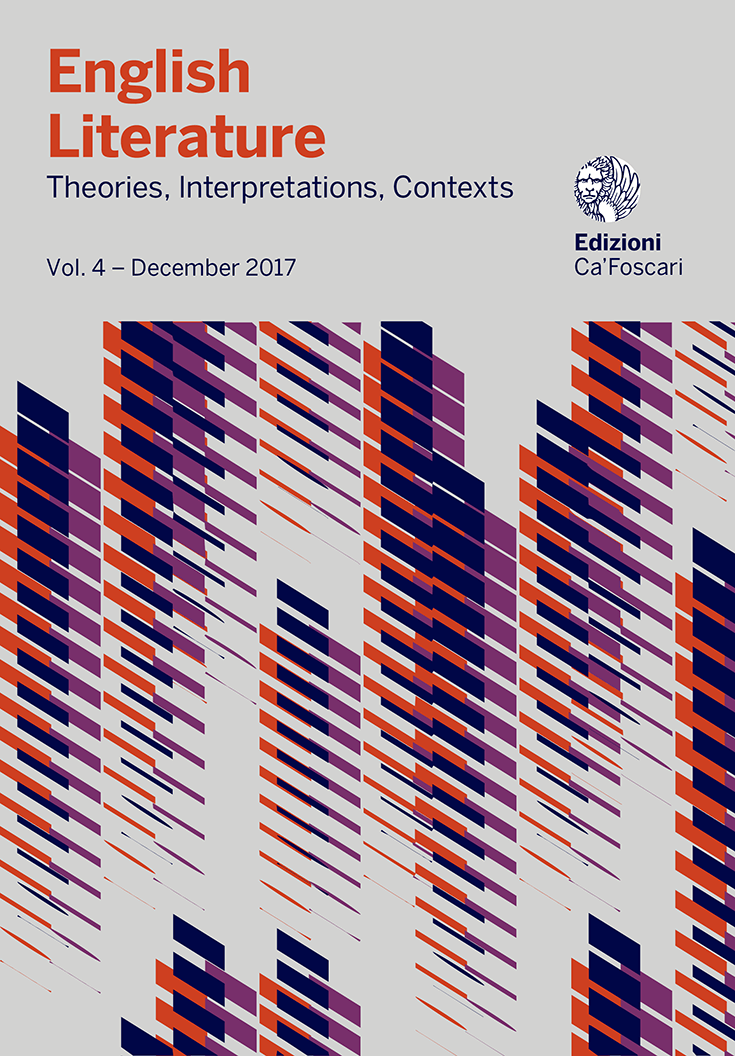
- search 456 views
- file_download 76 download
- keyboard_capslock metadata
-
mark_email_readIscriviti alla newsletter
Scriblerian Cognition
Pope, Swift, Arbuthnot and Self-Knowledge
abstract
Members of the Scriblerus club were sceptical about the power of reason and about fashionable get-knowledgeable-quick schemes. For Swift in particular, scientific projectors were motivated more by the passion of pride than by a desire for truth. But some members of the group expressed a different attitude in their non-satirical works. Alexander Pope and John Arbuthnot reflected on knowledge – especially self-knowledge – and found a positive role for the passions. Arbuthnot’s poem Know Thyself explicitly addresses the relationship between the bodily, affective self and knowledge. Both Arbuthnot in his poem and Pope in his Essay on Man employ the image of a maze to symbolise the difficulty of understanding human nature. This essay will consider how Pope, in his Essay on Man, addresses questions raised by Arbuthnot and Swift about the relations between the passions and cognition. In particular it will consider which takes priority – passion or reason – in the process that leads to knowledge. The notions of process and progress are also at issue in Pope’s account of the development of the arts and sciences. The essay will also analyse the tension between the maze and the plan – the experience of confusion versus the knowledge of a structure. I will suggest that the apparent scepticism about knowledge that Pope evokes in his rhetorical question at the start of the Essay is partly worked out or circumvented through the use of structural devices that attempt to arrive at certainty. The prose arguments, concluding statements and maxims suggest that the Essay arrives at a truth that was already known.
Keywords: Pope • Scriblerus Club • Swift • Arbuthnot • Scepticism